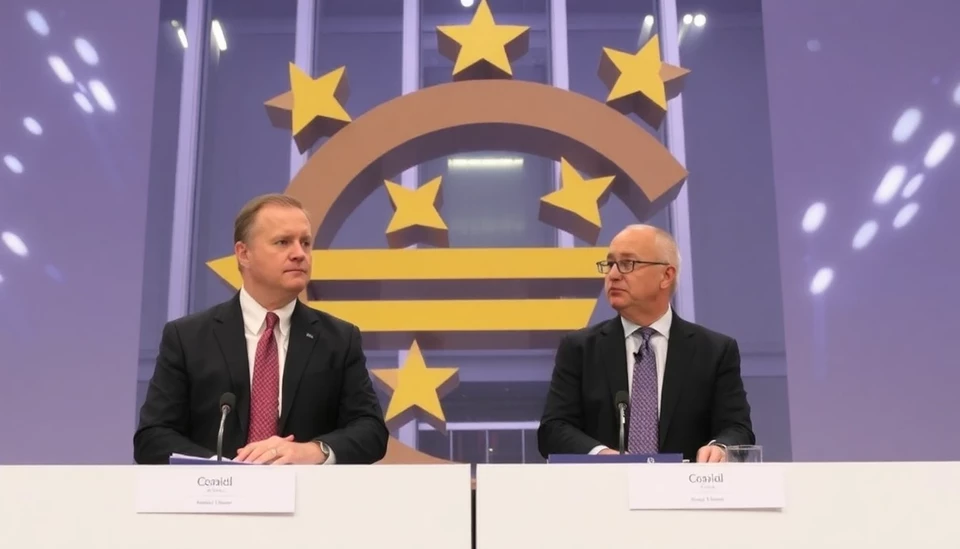
In a significant move that could reshape the European banking landscape, European Central Bank (ECB) Executive Board member Isabel Schnabel has reignited discussions surrounding the implementation of joint debt instruments among Eurozone nations. This latest push aims to bolster the euro's standing in the global financial system, especially in the face of challenges to its dominance by the US dollar and emerging currencies like the Chinese yuan.
During a recent conference, Schnabel emphasized the necessity for Europe to enhance its financial independence and resilience through collective tools. She argued that the lack of joint fiscal capacity within the Eurozone has left member states vulnerable during economic crises, especially as the region faces multifaceted pressures ranging from geopolitical tensions to energy supply uncertainties.
While joint debt instruments, often referred to as Eurobonds, have been a controversial subject historically—especially during times of economic turmoil—the current conversation under Schnabel's leadership is focused on pragmatic solutions that could enhance financial stability and promote investment across Europe. These instruments would allow countries to pool resources and share risks, facilitating a more united economic front.
This renewed enthusiasm for joint debt comes at a time when the ECB is also grappling with the implications of tightening its monetary policy. Schnabel pointed out that a cohesive fiscal framework would work in tandem with monetary measures to ensure sustainable growth throughout the Eurozone. Her vision includes creating structures that would enable euro-denominated assets to compete more effectively on a global scale, particularly against established reserve currencies.
Economists have weighed in on the developments, with many highlighting the potential benefits of joint debt but also cautioning against the political hurdles that may arise. The issue of burden-sharing and fiscal responsibility remains a contentious debate among member states, and past attempts to introduce similar measures were often met with significant resistance from more fiscally conservative nations, particularly Germany and the Netherlands.
Despite the political challenges, Schnabel remains optimistic about the future of the euro and the potential for enhanced cooperation among member nations. She believes that fostering a climate of solidarity and mutual support could yield long-term advantages that transcend immediate financial concerns. Schnabel also underscored the importance of adapting to the evolving global economic context, where emerging economies and digital currencies are poised to play increasingly prominent roles.
As discussions continue, the financial community is keenly watching to see how the ECB will navigate these complex issues and whether Schnabel's vision for European fiscal unity will take shape. For many, the decision on whether to embrace joint debt instruments could prove pivotal in determining the euro's viability and its role in the international finance arena.
In conclusion, while the road ahead is fraught with both opportunities and challenges, Schnabel's remarks have rekindled discussions that could ultimately lead to a stronger, more integrated Eurozone—one that can stand robustly in the face of global economic headwinds.
#Eurobond #ECB #IsabelSchnabel #JointDebt #EuropeanUnion #GlobalEconomy #FinanceNews #MonetaryPolicy #Eurozone
Author: Rachel Greene




